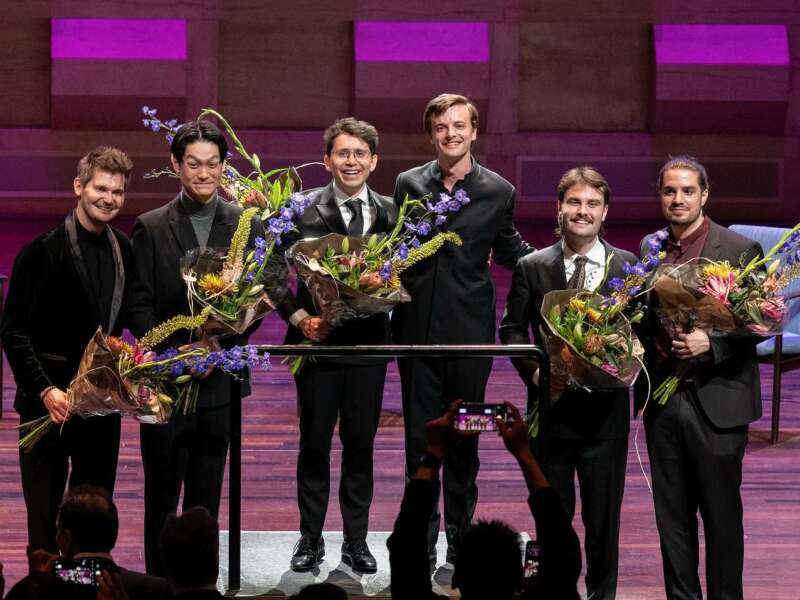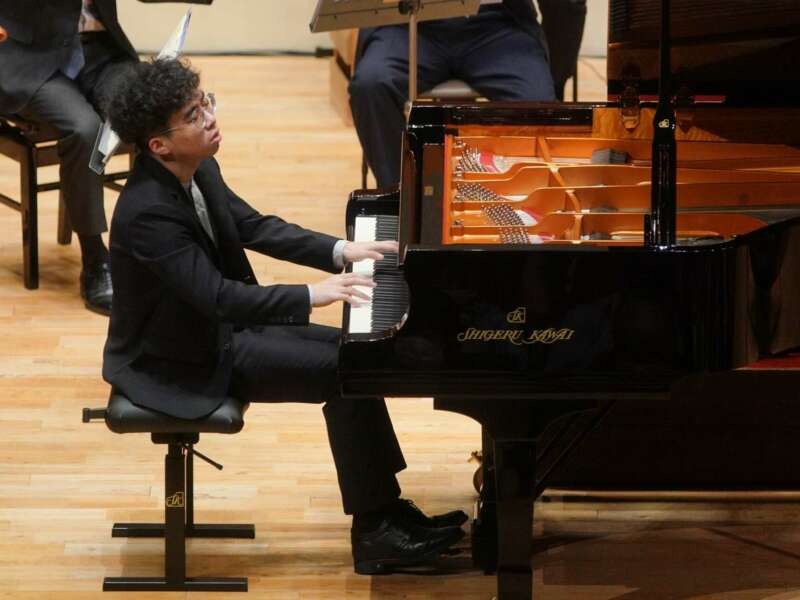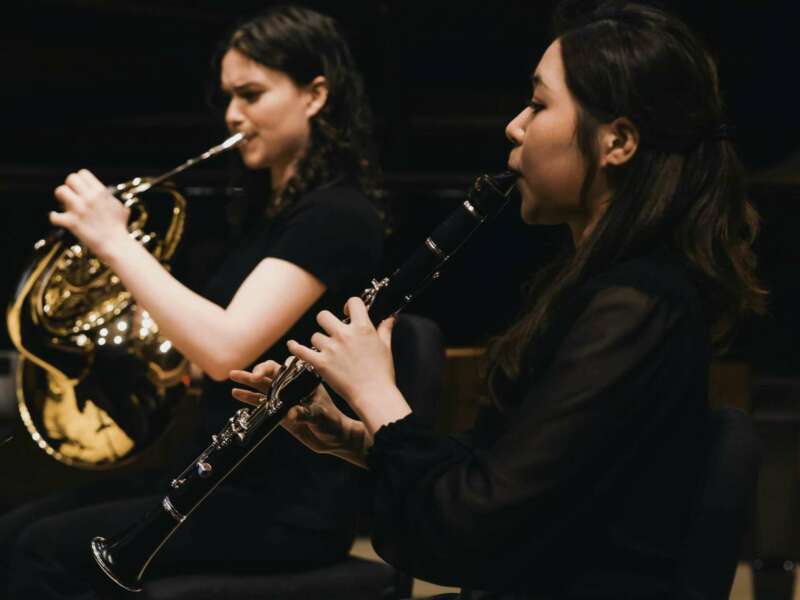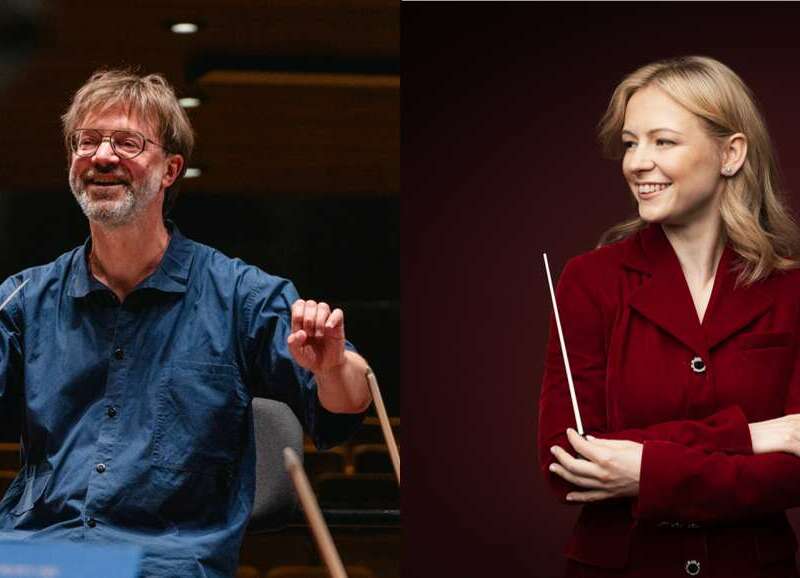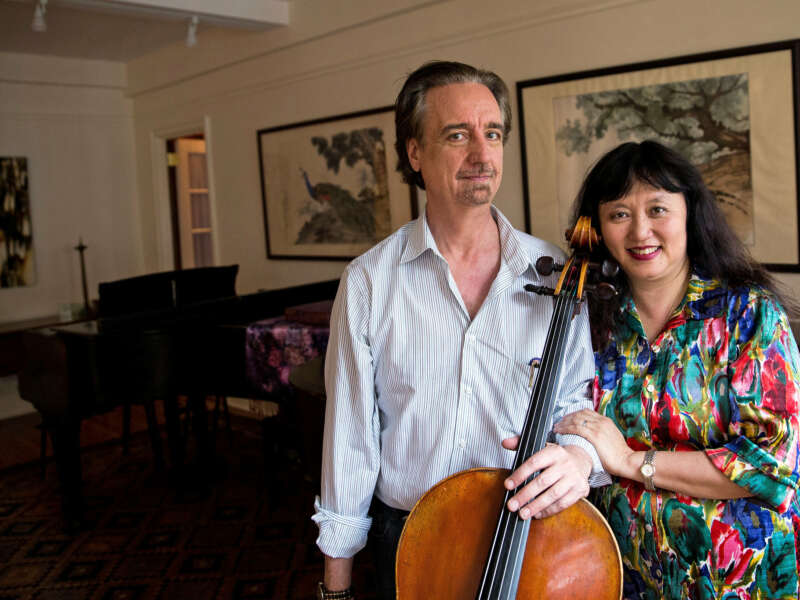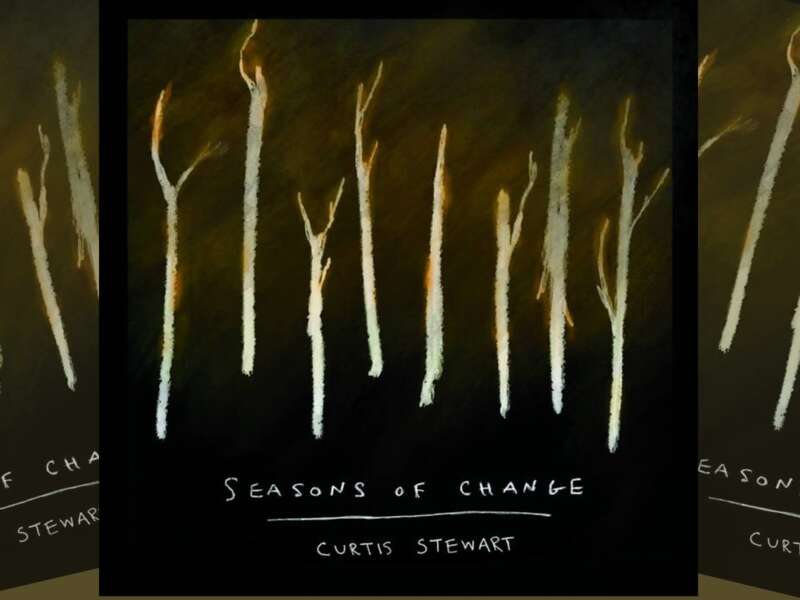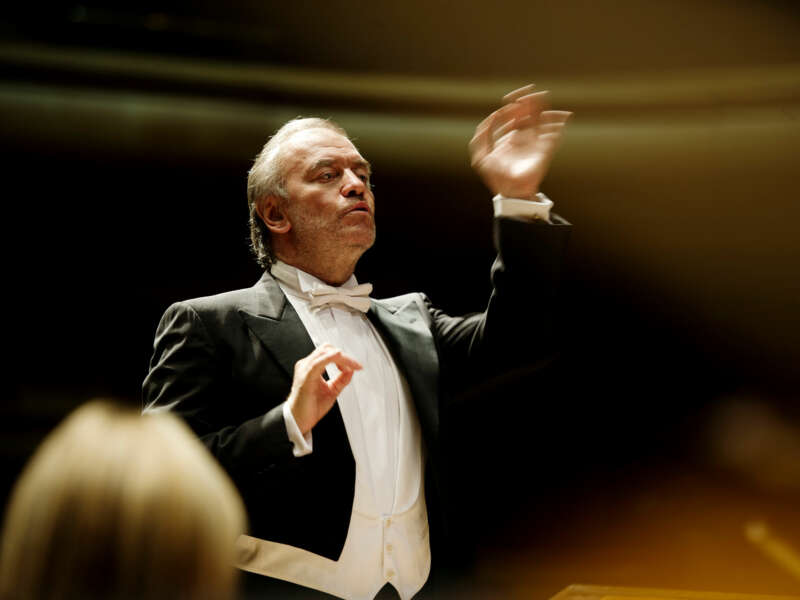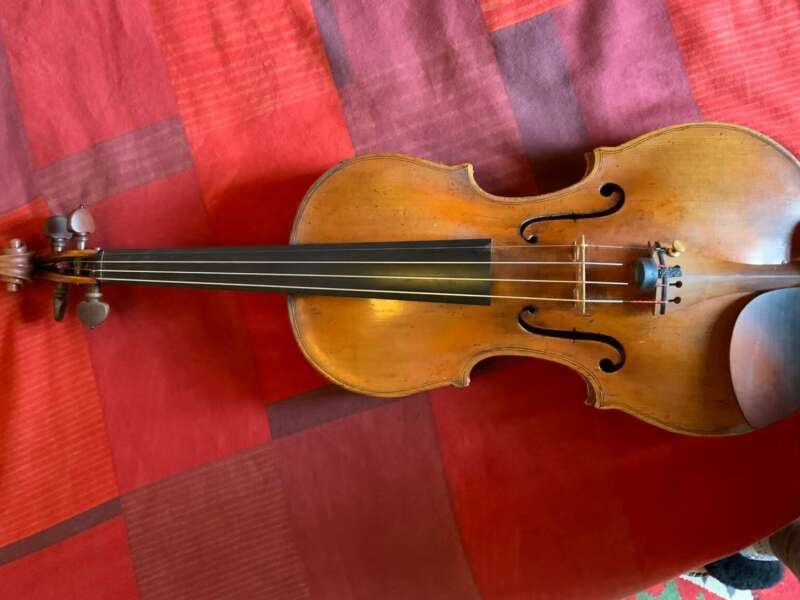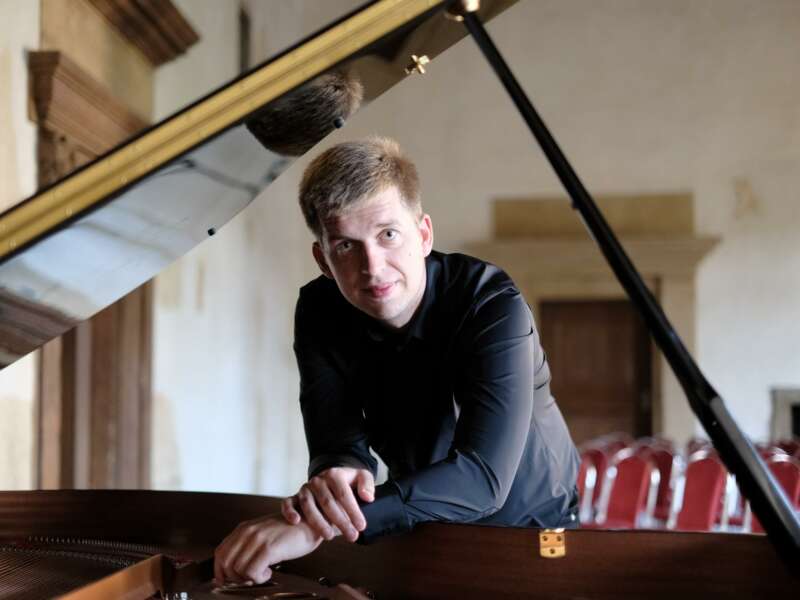Festival Academy Budapest's Barnabás Kelemen on the Ilona Fehér International Violin Competition
Tune in to The Violin Channel on June 12 and 13 for the final round
Open to violinists under 21, the competition was founded in 2017 by Hungarian violinists Katalin Kokas and Barnabás Kelemen, artistic directors and founder of the Festival Academy Budapest. Held at the Liszt Academy in Budapest, the competition is for two age groups: Group 1 for those under 15 and Group 2 for ages 15-22.
The President of the Jury is Shlomo Mintz, a former student of the legendary Hungarian-Israeli violin teacher, Ilona Fehér. Alongside him, the jury comprises Alissa Margulis, Andreas Vierziger, Dmitry Sitkovetsky, Dora Schwarzberg, Keller András, Magdalena Ursu, Pauk György, Peter Herresthal, Qian Zhou, and Kelemen Barnabás.
We caught up with Barnabás Kelemen to learn more about the event!
Tell us about the Ilona Fehér International Violin Competition. When was it founded and what would you say is its mission?
After I established the Festival Academy Budapest with my wife Katalin Kokas back in 2016, we started the 1st Ilona Fehér International Violin Competition a year later in 2017. This is a contest for violinists under 21 in two age groups (under and above 16) with three rounds. The Final round is with a chamber orchestra without conductor. So far, we were lucky to have all jury presidents as former students of Ilona Fehér herself: Shlomo Mintz or Hagai Shaham. Ilona Fehér was the most famous violin teacher for the first stages with other students such as Pinchas Zuckerman or Shmuel Ashkenasi.
What are your goals for the future of the competition?
Since we started the contest, our aim has been to bring the young generation from all over the world together and to introduce them to the esteemed international jury members. Maybe the most unique aspect of this competition is that after a candidate doesn't pass a round, they will have the opportunity to participate in a masterclass with a jury member, creating a special connection between them. Even the artists in the Finals get individual lessons afterward. All contestants are free to attend any concerts, rehearsals, masterclasses, or lectures at the Festival Academy Budapest Summerfest, which is happening right after the competition.
What are you looking for in an ideal candidate?
This always varies regarding the members of the jury, but for me, there is no such thing as an ideal contestant because I always look for individual personalities. I would like to hear everybody’s own stories with their violins! I’m looking for good surprises! Of course, intonation, quality sound, and style authenticity are warmly recommended.
What will this year’s first prize winner receive? What initiatives do you have in place to help your laureates beyond the conclusion of the event?
We give two first prizes, one at each age group. Other than the cash prizes and concert engagements around Hungary at various cities, festivals, and orchestras, we’ve seen during the past seven years that all the connections the laureates are able to establish at the competition and at the Festival Academy Budapest Summerfests are lifelong and crucial milestones in their lives! This year, three experts will be helping the winners regarding their careers and facing all the new and unexpected challenges of the 21st century. One of them is the Austrian jury member Andreas Vierziger, plus Gloria Campaner and Maria Meerovitch. Last but not least, after the second round, all competitors were able to enjoy and be taken by the one and only Roby Lakatos and his amazing band to a restaurant nearby leaving a lifetime experience that no other event could’ve given.
Who are some past prize winners who’ve gone on to achieve celebrated careers?
Last competition’s winner Daniil Bulayev is already having a rising career, not to mention one of our first winners, Maria Dueñas."
What advice do you have for young musicians today? Particularly those who have just done well at a competition. How do they maximize the experience, publicity, and prize money to propel their career to the next level?
Long story short: trust in the safe foundation of walking STEP-BY-STEP! Once you jump ahead some steps, you can fall and it’s almost impossible to get back to the right path!
How did you go about selecting your jury?
From our experiences and the wide range of friends from all over the world. Shlomo Mintz is a childhood friend, for example.
How important are fairness and transparency in your voting process? What initiatives do you have in place to ensure an unbiased result?
Béla Bartók once said that competitions should be for horses, rather than musicians. I understand him, but a hundred years later, there are many different aspects. Once a competition cannot be measured by a stopwatch or by centimeters, the results can never be unbiased. In order to be as fair as possible, we do not allow jury members to vote for their own students and the calculation process (including presenting the numbers to the secretary) is happening in front of the whole panel. What I really like about our president’s ideas is that we can give points between 60-100 in the first round, 75-100 in the second round, and 85-100 in the Finals. This allows each juror to be very accurate in the differences between each violinist! Most of the time at other competitions, if one juror can vote between 1-25 points they usually use the range between 13-25. Almost nobody varies or refines the differences by giving points between 1-12. In our case, we can express the nuances much better with these ranges!
There is absolutely no discussion about the results and nothing else counts but the average points of the jury members. Therefore, the mood in the jury room is always very good and pleasant.
june 2025
july 2025






